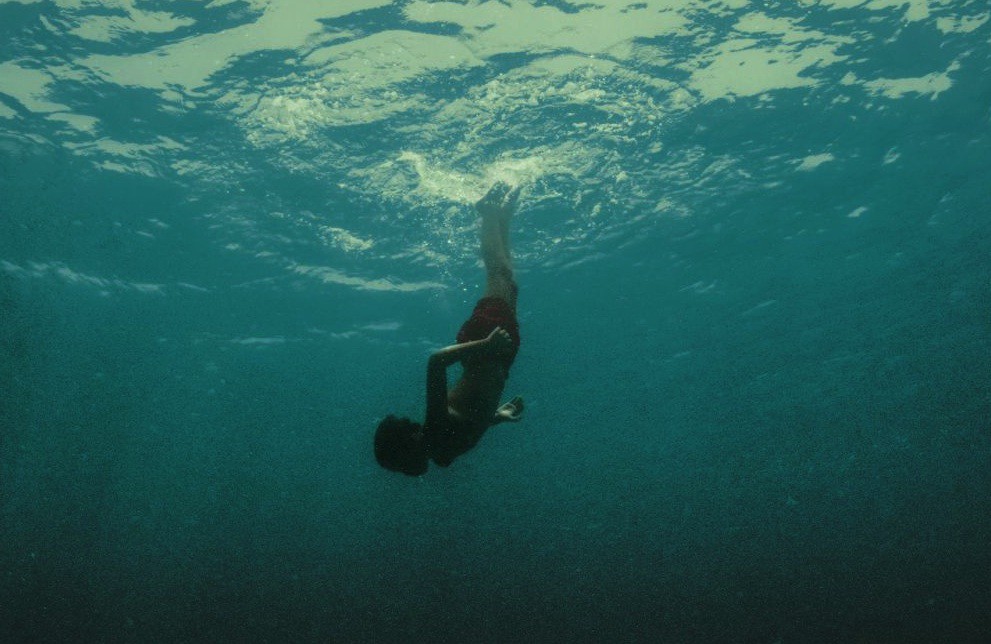Lucile Hadžihalilovic was born in Lyons, France, and studied filmmaking at the Institut des Hautes Études Cinématographiques in Paris. She has worked as an editor, frequently collaborating with director Gaspar Noé. Her work as director includes the features “La bouche de Jean-Pierre” and “Innocence,” both of which played at TIFF. (Press materials)
“Evolution” will premiere at the 2015 Toronto International Film Festival on September 14.
W&H: Please give us your description of the film playing.
LH: A horror story about the anxieties of a child on the verge of puberty.
W&H: What drew you to this story?
LH: The desire to film a boy and his relationship with his mother and his own birth.
I also wanted to juxtapose and explore two worlds that fascinate me: the depths of the ocean and the hospital, a place where the body can be subjected to all manner of strange procedures.
W&H: What was the biggest challenge in making the film?
LH: The fight against time.
W&H: What do you want people to think about when they are leaving the theater?
LH: I’d rather they “felt” than “thought.” I’d like them to make the film their own, and not to imagine that there’s a single truth, a single interpretation.
W&H: What advice do you have for other female directors?
LH: Don’t think of yourself as a woman director, just a director, even if most people won’t let you forget that you are a woman.
W&H: How did you get your film funded? Share some insights into how you got the film made.
LH: The film was financed through a mixture of European co-production, international pre-sales and TV sales.
W&H: Name your favorite woman-directed film and why.
LH: I don’t have a favorite woman director, but these three films by women greatly impressed me because of their formal daring or their fearless approach to deep human truths: “Jeanne Dielman” by Chantal Akerman,”Two-Legged Horse” by Samira Makhmalbaf and “Clip” by Maja Milos.







